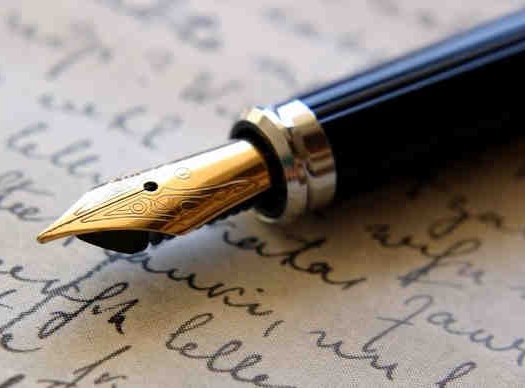
By Faisal Abdulrahman Ali
On the dawn of Tuesday, December 10, 2024, I received the sad news of the passing of our esteemed professor, scholar Mohammed Ibrahim Khalil, in the United States. Inna lillahi wa inna ilayhi raji’un (We belong to Allah, and to Him, we shall return).
The late professor belonged to a distinguished Ansar family. His paternal grandfather, Khalil Jumma, was one of the Emirs of the Mahdist movement, while his maternal grandfather, Emir Mohammed Ahmed Sheikh Idris Wad Fahl, was a cousin of Imam Al-Mahdi.
Born in 1919, Professor Khalil grew up in Omdurman, the city that served as a cultural and political beacon of Sudanese renaissance in politics, literature, theater, sports, and the arts. He completed his secondary education at Gordon Memorial College.
Following Lord De La Warr’s recommendations in 1937 to develop higher education in Sudan, the college premises were transformed into advanced schools. In 1941, the late professor was admitted to the Higher Schools, specifically the School of Engineering. Among his classmates were Mohammed Abdullah Qalandar, Abu Al-Hassan Mohammed Saleh, Mustafa Al-Amin, Al-Sayyid Abdullah Al-Sayyid, and Ahmed Dafalla Shabeika.
However, he chose to join the School of Science instead. When I once asked him why he shifted from engineering to science, he laughed and said it might have been due to the influence of his friend, Ahmed Mohammed Saad. Alongside him in the School of Science were Abdullah Suleiman, Abdul Azim Al-Tijani, Ibrahim Shabeika, Mohammed Nur Omar Ishaq, Abdul Rahman Diab, Mohammed Abdul Majeed Talsam, and Mustafa Hassan Amin.
After completing a preparatory course in teaching methods, pedagogy, and psychology at the Bakht Al-Ruda Institute of Education, he taught natural sciences at its schools and the rural school in Al-Duwaim. However, a few years later, he left teaching to pursue legal studies at Khartoum University College, obtaining his LLB from the University of London in 1954. His classmates included Abu Al-Qasim Mirghani and Abdul Halim Al-Tahir.
He then joined the law office of Mohammed Ahmed Mahjoub and later worked at the Attorney General’s Office, which sponsored him to pursue an LLM at the University of London. During this time, he collaborated with the Faculty of Law at Khartoum University, teaching corporate law.
Through his lectures, we came to know him, appreciated his occasional sense of humor, and witnessed his expertise in the subject and fluency in English, the medium of instruction. As we approached graduation in 1964, he became the first Sudanese Dean of the Faculty of Law. However, his tenure was brief.
Following the October Revolution of 1964 and the return of democracy, he transitioned into political life. He was succeeded as Dean by Dr. Hassan Al-Turabi, who also left academia for politics shortly thereafter.
After the May 25, 1969 coup, Professor Khalil left Sudan for Zaria, Nigeria, where he joined the Faculty of Law as a lecturer and later became its Dean, succeeding Dr. Zaki Mustafa. Nigeria warmly welcomed many Sudanese experts—university directors, deans, and scholars—who had been dismissed during the purges of the early May regime.
I have not delved into the political career of our late professor, marked by the numerous shifts and coups in Sudan. Others may address that in detail. However, I would like to highlight what he told journalists when he resigned as President of the Constituent Assembly in 1988—a testament to his era. According to reports, he stated:
“The reasons for my resignation as President of the Assembly include the improper behavior of some members during sessions, reflecting a lack of respect for democratic institutions and the constitution. What occurred behind the scenes was particularly inappropriate, especially given the critical circumstances the country was facing, which demanded transparency and honesty in conduct. I wish to free my ‘tied tongue,’ which has been constrained throughout my tenure as President of the Assembly.”
May Allah grant our late professor mercy and forgiveness. La hawla wa la quwwata illa billah (There is no power or strength except through Allah). Everything on earth will perish, but the Face of your Lord, full of majesty and honor, will endure.



